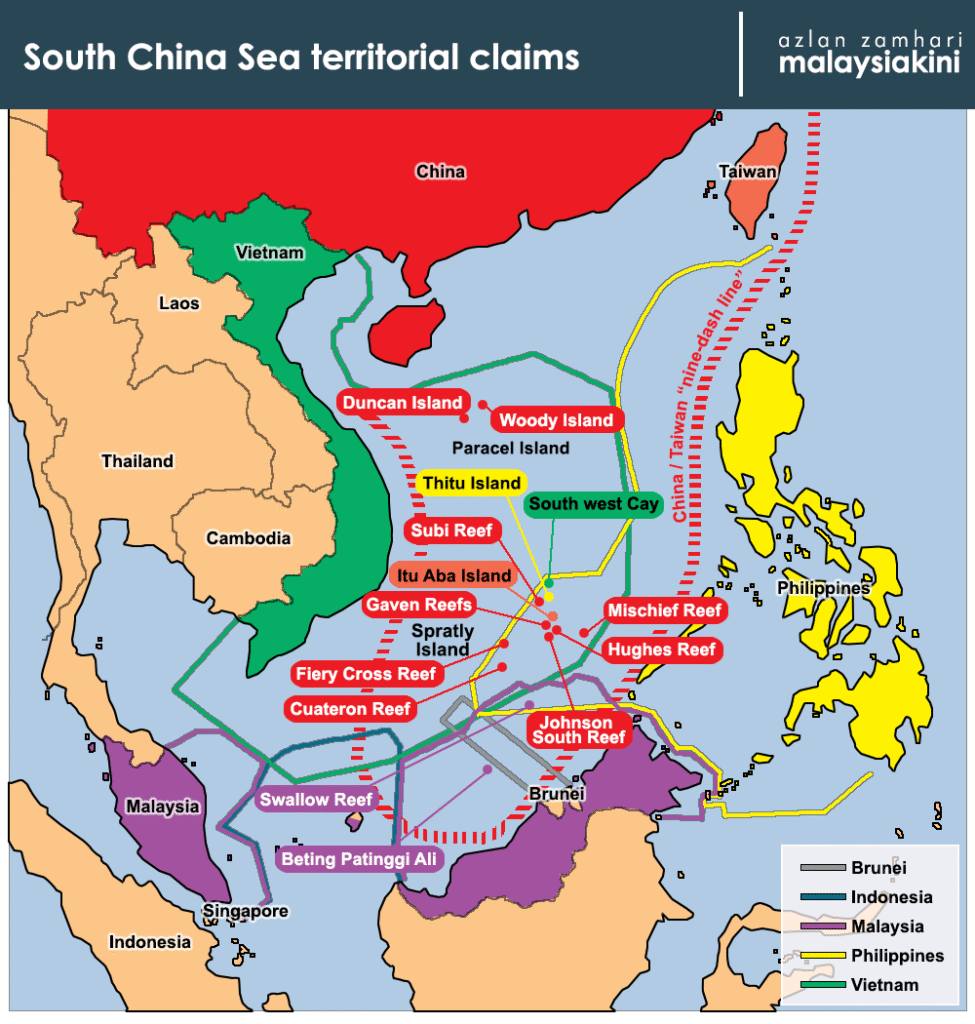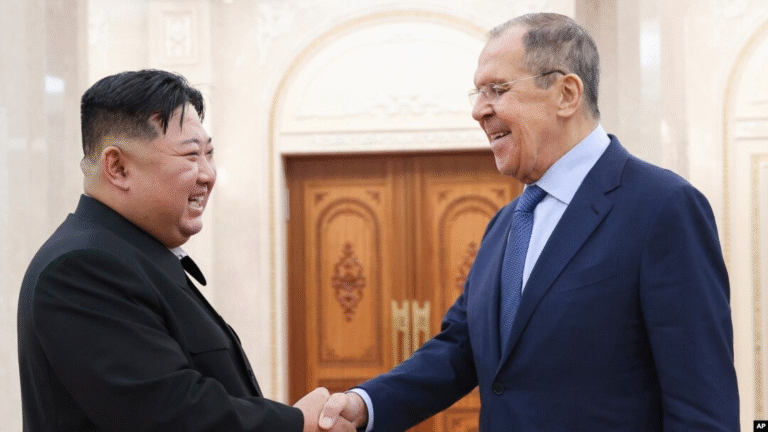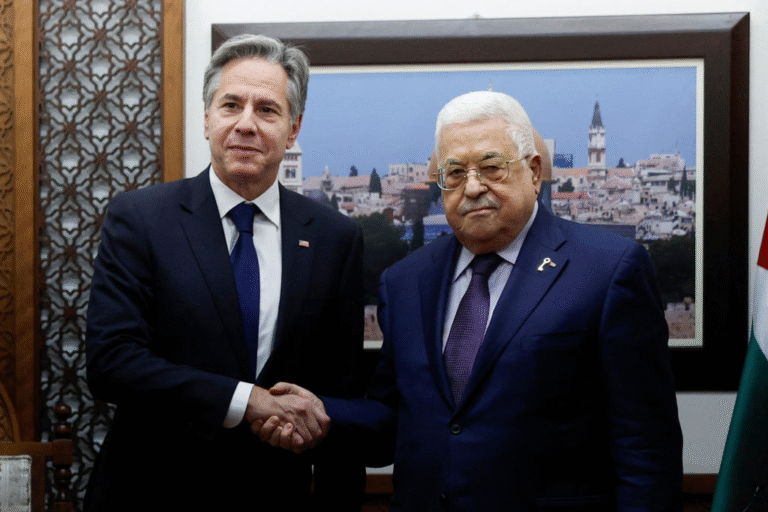
Soldiers removing Agent Orange from the Soil in Vietnam. Photo Credit: Yahoo News
Andrew Dickson
The America-Eurasia Center
www.EurasiaCenter.org
East Asia Program
Eurasia News
The Vietnam War occurred from 1955 to 1975 and ended with North and South Vietnam
being unified into one country with the government controlled by the Communist Party of Vietnam.
During the War, the U.S. supported the anti-communist government in South Vietnam, sending
over 500,000 troops to fight against North Vietnam. Since the end of the war, relations between the
U.S. and Vietnam have improved even though the Communist Party has remained in power. The
main reason the U.S. has supported improved relations with Vietnam is to oppose the influence of
China. However, it is uncertain whether relations will continue to improve as Trump
Administration opposed some policies made by previous administrations that have improved
relations with Vietnam.
Relations between Vietnam and the U.S. were normalized in 1995, and the U.S. supported
policies to repair damages caused by the war. This included lifting the embargo on the country and
lowering tariffs that had decreased investment in Vietnam. During the Vietnam War, the U.S. used
the herbicide agent orange to destroy crops and clear forests where North Vietnamese troops could
hide. Exposure to the herbicide is dangerous and can cause cancer and other health problems.
Starting in 2013, the U.S. Agency for International Development worked with Vietnam’s Ministry
of National Defense to remove agent orange from contaminated soil.1
In 2023, a Comprehensive Strategic Partnership was started between the U.S. and Vietnam.
The Partnership will increase cooperation between the two countries on the production of
semiconductors and renewable energy and will also support improvements in maritime security.2
These issues relate to decreasing China’s influence as it has been one of the largest producers of
semiconductors and renewable energy, while also having territorial disputes with Vietnam in the
South China Sea.
Although the Biden Administration supported increased cooperation between the U.S. and
Vietnam, it is less likely this will occur during Trump’s second term. After becoming President,
Trump cut money for the U.S. Agency for International Development, which will make it difficult
for the agency to fund the Agent Orange cleanup.3 Since U.S. tariffs on Vietnam previously
decreased investment in Vietnam, it is likely this could occur again.
If there were not concerns about China, the improvement in relations between the U.S. and
Vietnam would be unlikely as the U.S. is less likely to have good relations with countries that have
human rights abuses and authoritarian governments. Amnesty International reported many concerns
about human rights in Vietnam such as the imprisonment of journalists and the use of the death
penalty for drug use.4
Despite the U.S. having concerns about China, both President Joe Biden and Prime Minister
Pham Minh Chinh claimed the Comprehensive Strategic Partnership was not made to contain
China. This is most likely because China is still important trading partner for Vietnam, and
Vietnam has wanted China to view the partnership as being caused by an improvement in relations
with U.S., and not by worsening relations with China.
Although disputes in the South China Sea have increased tensions between China and
Vietnam, relations between China and Vietnam are likely better than relations between the U.S. and
Vietnam. The Asia Society’s Global Public Opinion on China poll showed China’s net favorability
in Vietnam was 20%, although in the U.S. China’s favorability was much lower at -45%. Due to
China’s influence sometimes being viewed positively in Vietnam, this would explain why the
Vietnamese government does not want to the Comprehensive Strategic Partnership to be viewed
negatively by China. Another country that has territorial disputes with China in the South China
Sea is the Philippines. However, China’s relations with the Philippines are worse than with
Vietnam. The Asia Society’s poll showed China’s net favorability in the Philippines was lower at –
22%.5 As a result of the bad relations, Philippine President Ferdinand Marcos has admitted the
country’s mutual defense treaty with the U.S. is needed to oppose China’s claims in the South
China Sea.6

Map showing territorial claims in the South China Sea. The red line is China’s claim, the green line in Vietnam’s
claim, and the yellow line is the Philippines’ claim. Photo Credit: Malaysia Kini
The U.S. has opposed China’s territorial disputes in the South China Sea with Vietnam and
other countries, but territorial disputes are not the only reason relations between the U.S. and China
have worsened. During Trump’s first term as president, he also increased tariffs on China, and
claimed they were necessary to protect American jobs in a number of industries, including
aluminum and steel. In response to this, China also increased tariffs on certain products made in the
U.S., causing concerns about a trade war between the two countries.
Policies made by China that limit Hong Kong’s autonomy have been opposed in the U.S.
Under the ‘One Country, Two Systems’ policy, Hong Kong is part of China but is allowed to have
a capitalist economic system and democratic elections from 1997 to 2047. However, China has
supported limiting voting rights and arresting pro-democracy activists in Hong Kong. During the
Covid pandemic, the Trump Administration criticized China for not reporting the virus to the
World Health Organization sooner, and for worsening the spread of the virus.7
Relations between the U.S. and China have worsened in recent years for a number of
reasons. This has contributed to relations with Vietnam improving even though the country is not a
democracy and human rights are problem. Despite improvement in relations with the U.S.,
Vietnam’s relations with China are still important, and Trump’s policies might oppose improving
relations with Vietnam. For these reasons, it is uncertain how much influence the U.S. will continue
to have in Vietnam.
- Justin Ahn, “Reconciling With a Former Enemy: Post-War Diplomacy Between the U.S. and Vietnam,” American Diplomacy, November 2023, https://americandiplomacy.web.unc.edu/2023/11/reconciling-with-a-former-enemy-postwar-diplomacy-between-the-us-and-vietnam/ ↩︎
- “Joint Statement- Elevating United States-Vietnam Relations to a Comprehensive Strategic Partnership,” The
American Presidency Project, September 11, 2023, https://www.presidency.ucsb.edu/documents/joint-statementelevating-united-states-vietnam-relations-comprehensive-strategic ↩︎ - David Rising, “USAID Cuts Jeopardize Agent Orange Cleanup In Vietnam,” PBS, March 19, 2025,
https://www.pbs.org/newshour/world/usaid-cuts-jeopardize-agent-orange-cleanup-in-vietnam ↩︎ - “Vietnam 2024,” Amnesty International, https://www.amnesty.org/en/location/asia-and-the-pacific/south-east-asiaand-the-pacific/viet-nam/report-viet-nam/ ↩︎
- “Global Public Opinion on China,” Asia Society, 2024, https://asiasociety.org/policy-institute/global-public-opinionchina ↩︎
- Lynn Kuok. “The Philippines Alliance and the 2024 US elections,” Brookings Institution, September 16, 2024,
https://www.brookings.edu/articles/the-us-philippines-alliance-and-the-2024-us-elections/ ↩︎ - “U.S.-China Relations,” Council on Foreign Relations, 2025, https://www.cfr.org/timeline/us-china-relations ↩︎



